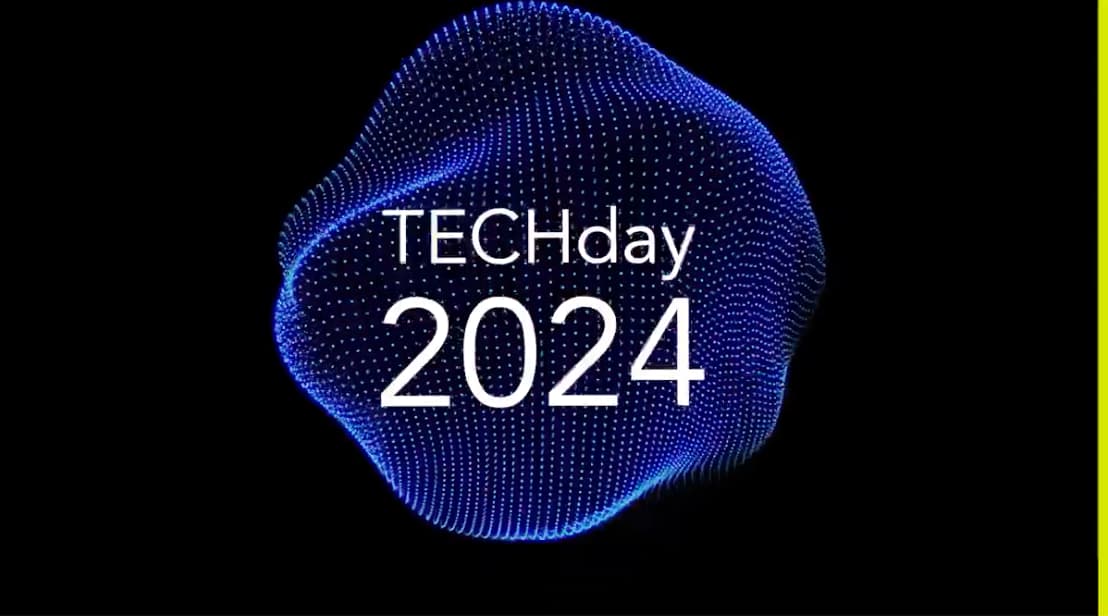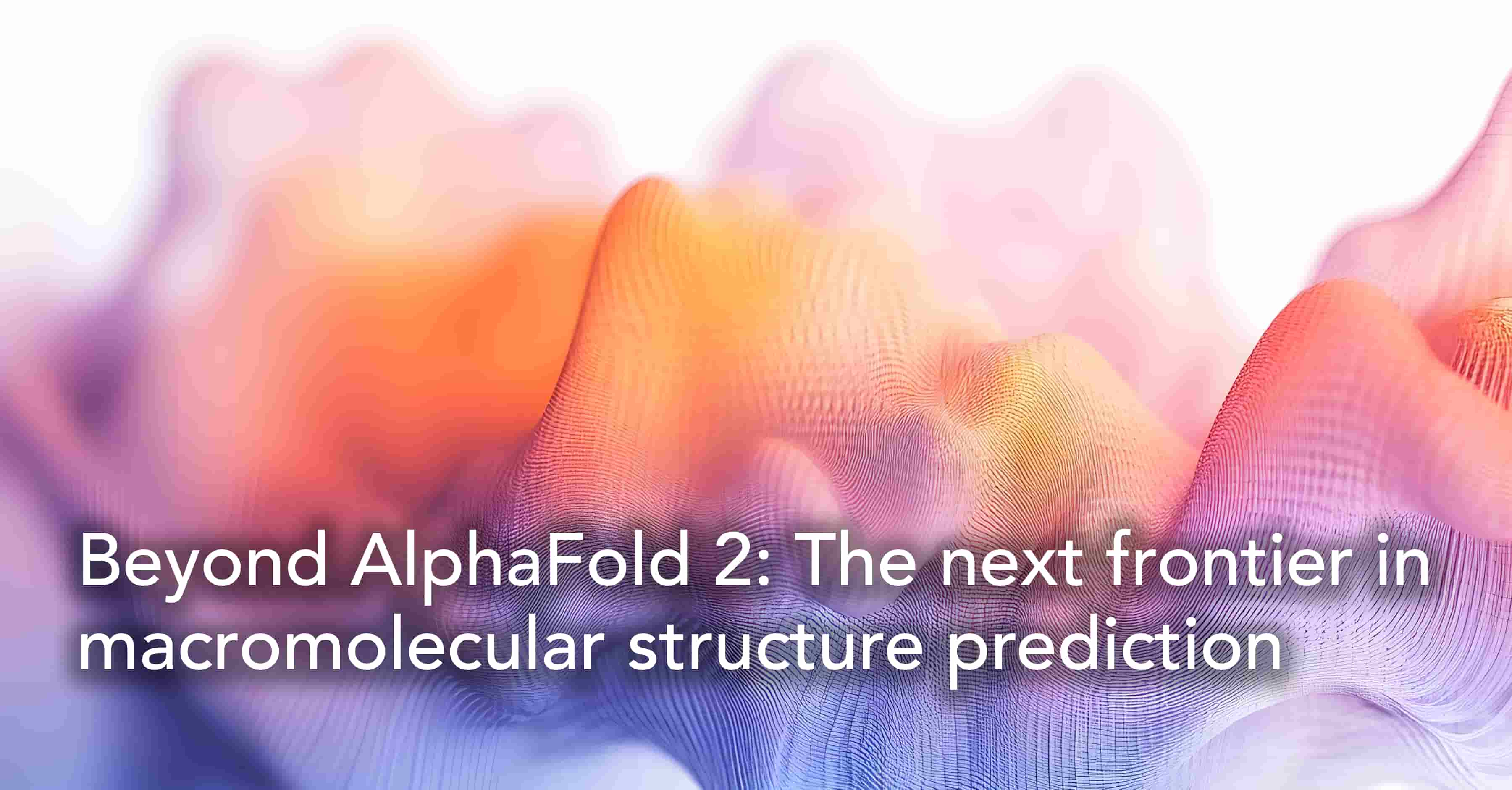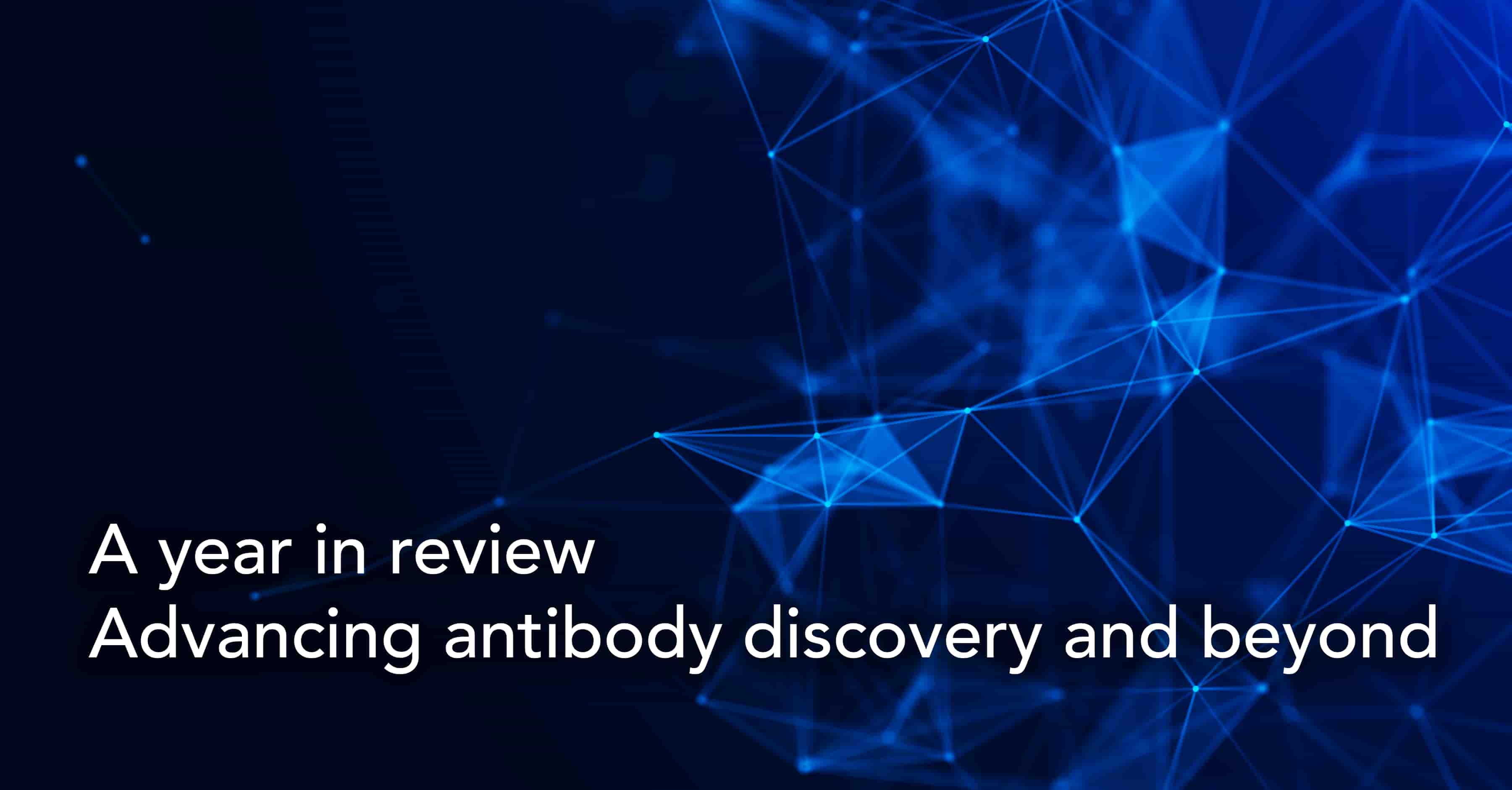Transforming antibody development: Highlights from IPA 2024 TechDay

Audio version
At IPA 2024 TECHDay, some of the brightest minds in antibody development came together to explore the breakthroughs that are redefining the field. Together with IPA, we showcased how our expertise and the innovative LENSᵃⁱ™ platform are tackling some of the toughest challenges in drug discovery. Here’s a look back at the event, the insights shared, and the technology driving the future of antibody development.
What is LENSai?
Dr. Dirk Van Hyfte, co-founder of BioStrand, introduced the LENSai Platform by explaining how it’s built on first principles. This isn’t just another incremental improvement—it’s a rethink of how we approach antibody discovery.
The platform breaks down traditional assumptions, combining advanced AI with proprietary Hyft patterns. The result? A system designed to make therapeutic antibody development faster, safer, and more precise.
Tackling the biggest challenges in antibody discovery
- Fragmented Data:
Antibody development often involves piecing together data from multiple sources—clinical notes, patents, omics data, and more. LENSai simplifies this by bringing it all together in one framework. - AI Transparency:
Many AI tools are “black boxes,” leaving users unsure how decisions are made. LENSai puts results into clear context, allowing researchers to trace outcomes back to their inputs. - Speed and Scalability:
Processing millions of sequences can take weeks. LENSai does it in minutes, offering real-time insights that keep projects moving forward.

Fig.1. Core challenges in drug discovery
How LENSai is transforming the antibody development process
- Identifying Targets:
LENSai combines data from clinical reports, unstructured texts, and experimental findings to help researchers zero in on the right disease targets. Tools like AlphaFold enhance this with 3D structure predictions. - Expanding Hits:
When you have a handful of promising antibody candidates, LENSai takes it further—finding additional functional variants that might have otherwise been missed. This reduces timelines dramatically, often by as much as 300%. - Mapping Epitopes and Screening for Immunogenicity:
By clustering antibodies based on where they bind and screening for immunogenic hotspots, LENSai provides clarity early in the process. This ensures candidates are not only effective but safe for clinical trials.

Fig. 2. LENSai powered by patented Hyft® Technology
The secret sauce: Integrating in silico and wet lab approaches
One of the biggest takeaways from TECHDay was how LENSai complements traditional wet lab workflows. IPA has a wealth of expertise in the use of rabbits in antibody development. Rabbits might not be the first animal you think of for antibody research, but they offer some incredible benefits. Dr. Shuji Sato walked us through their unique biology:
- Higher Diversity: Rabbits have a broader antibody repertoire than rodents, which is essential for producing high-affinity, highly specific antibodies.
- Proven Success: Rabbit antibodies have already been used to develop therapeutic and diagnostic antibodies, including treatments for macular degeneration and migraines.

Fig. 3. Source: https://www.abcam.co.jp/primary-antibodies/kd-value-a-quantitive-measurement-of-antibody-affinity
By combining in silico tools with advanced wet lab techniques, researchers can:
- Quickly identify promising candidates.
- Deepen the analysis with structural, functional, and sequential insights.
- Streamline processes like humanization and immunogenicity assessment to save time and reduce costs.
This hybrid approach is changing the game for drug discovery.

Fig. 4. Rabbit B Cell Select program
The bigger picture: Data-driven decisions in precision medicine
During the day’s discussions, one theme came up repeatedly: the importance of better data. As Dr. Van Hyfte put it, “If you want better drugs, you need better data integration.”
LENSai does just that by harmonizing clinical, genomic, and proteomic data. This helps accelerate drug development while aiming to improve precision and minimize side effects, particularly in areas like oncology and personalized medicine.

Fig. 5. Fully-integrated therapeutic end-to-end lead generation workflow
What’s next?
The momentum around LENSai and our integrated approach to antibody development is only growing. Over the next few months, we’ll be rolling out new applications and use cases to support researchers and organizations pushing the boundaries of discovery.
If you missed TECHDay, don’t worry! We’ve prepared an interactive demo that walks you through the power of LENSai. Check it out here.
Watch all the sessions here.
Conclusion
A huge thank you to everyone who joined us at TECHDay and contributed to the discussions. It’s clear that we’re at a turning point in antibody development—and we’re excited to see what the future holds. If you’re interested in learning more or exploring how LENSai can help your research, don’t hesitate to reach out.
Subscribe to our Blog and get new articles right after publication into your inbox.
Subscribe to our blog:






